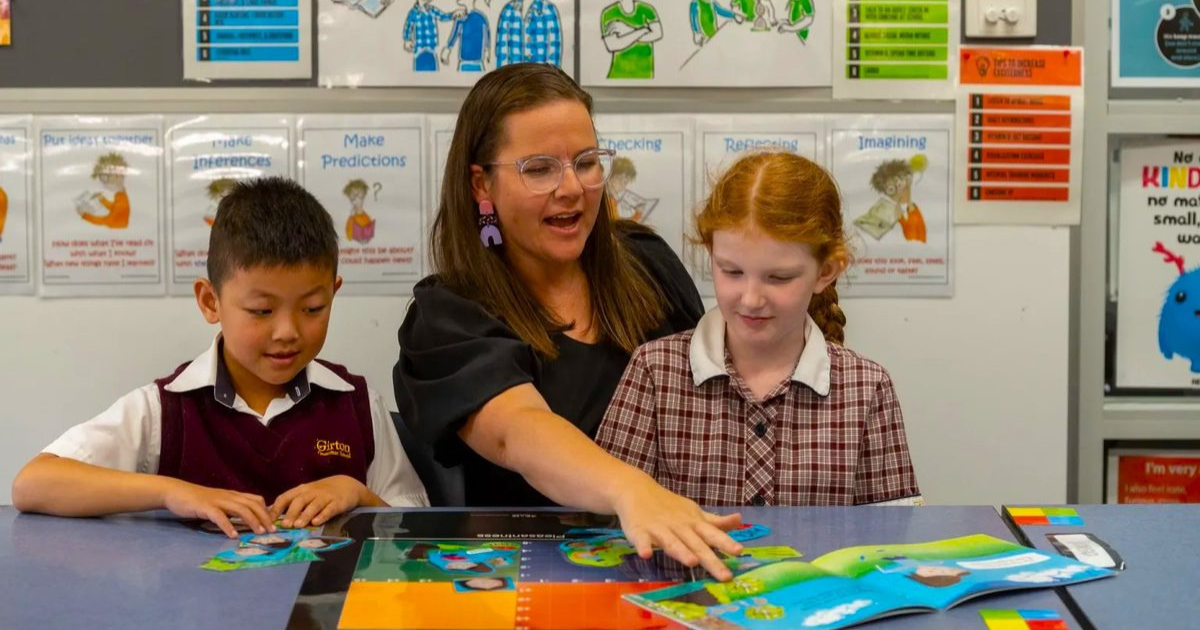Forging ahead on trades and the environment
THREE new Bendigo TAFE projects are being lauded as major advances in the organisation’s focus on boosting access to education opportunities and a greener future.
Solar panel installations, a Smart Farm Laboratory and an electrical motor rewinding mobile training van are all up and running, with TAFE chief executive officer Sally Curtain describing them as a significant stimulus.
“We’ve been able to deliver significant education opportunities in partnership with the Victorian government,” Ms Curtain said. “We know these projects will change lives through the delivery of in-demand skills for our regional industries.

“Bendigo TAFE is dedicated to a cleaner and greener future, and that includes supporting and investing in emerging energy industries.
“We’re proud to support this through infrastructure and education projects.”
Last year, RACV Solar installed 638 solar panels to deliver a 319-kilowatt system and an 80-kilowatt electric vehicle charger at TAFE’s Charleston Road campus.
It is expected to save an estimated 490.6 tonnes of carbon dioxide emissions each year and will also allow students in the electrotechnology curriculum to gain hands-on experience.
Bendigo TAFE will use about 70 per cent of the power generated by the system, saving more than $36,000 annually on electricity costs. “It was an exciting project to deliver, being the first of its kind at Bendigo TAFE,” Ms Curtain said. “We can monitor our daily energy usage and see the impact we are having.”
Meanwhile, students have recently started taking advantage of the new Smart Farm Laboratory, which provides training for aspiring heavy vehicle specialists.
“There’s more technology in a modern-day tractor than there is in a Tesla,” heavy vehicle teacher Jono Williams said.
“As farm equipment becomes more advanced, the reliance on precision electronics and complex mechanical systems means you need a different skillset to maintain it.”
The new laboratory is fitted with training simulators aligned to the latest technology in the agricultural machinery industry.
“The students we train now aren’t mechanics, they’re technicians,” Mr Williams said. “They not only need to have traditional skills, but also in-depth knowledge of modern electronics and hydraulics.
“The Smart Farm Lab lets us teach the latest technology.”
The laboratory has capacity to train 100 apprentices a year.



















